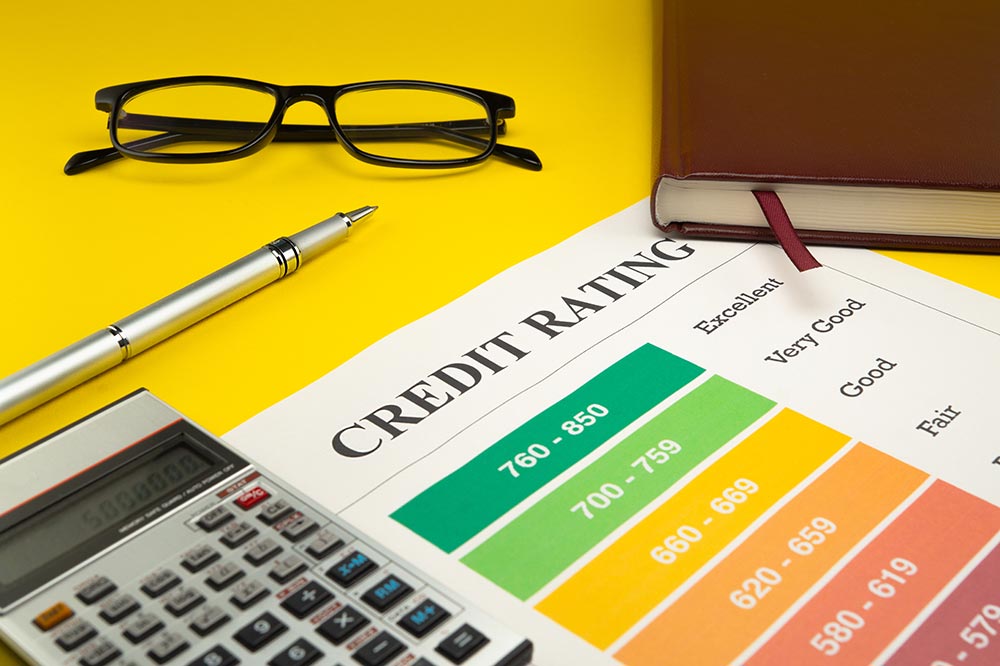What Is a Bad Credit Score? What Can You Do About It?

A credit score is a critical measure of your financial health. This is the only means that financial institutions can use to measure your creditworthiness and trustworthiness. Unlike a no credit check loan, every financial institution will look at your credit score before they decide to accept or reject your loan application.
Therefore, your score will determine how easy or expensive it is for you to own a home, acquire a car or even to rent an apartment. A good credit score will make you attractive to banks and other financial institution while a bad score will only do you more harm than good. But, what is a bad credit score and what can you do to improve it?
How to Define Bad Credit Score
A bad credit score typically depicts a record of past financial failures to keep up with all the payments on your various credit agreements which result in your inability to get approved for any new credit. In simple terms, it means that you haven’t paid your debts and other obligations on time or you haven’t paid them at all. You should also remember the fact that your credit score takes into account all public records such as bankruptcies, legal judgments against you and even tax liens.
According to Transunion Canada, a bad score for FICO is anything below 579. Scores in that range are usually ranked as very poor and make you a high-risk borrower. Scores of between 580 and 669 are classified as “fair” while scores above 700 are considered “very good’’ or ‘‘excellent.”
What Does a Bad Credit Score Mean to You?
As mentioned earlier, a credit score is usually considered as a valuable predictor of your creditworthiness. Therefore, the biggest disadvantage of having a poor rating is that most lenders will not approve your loan requests. You will be left at the mercy of lenders who are willing to offer you a no credit check loan whenever you require credit.
Having a poor credit score also means that you will have to pay more for your credit in terms of high interest rates. Your low credit score might also prevent you from getting housing since most landlords tend to pull your score to see if they can trust you that you will always pay your rent on time. A poor score can deny you housing even if you have never missed paying rent on time in your entire life.
What Can You Do About Your Poor Credit?
Fortunately, having a poor score isn’t the end of life since there are lots of simple things that you can do to improve it. First, you should consider setting up payment reminders to ensure that you always pay your bills on time. Check whether your bank offers payment reminders through its online banking portal that can send you a text message or an email reminding you when a particular bill payment is due.
You should also struggle to reduce the amount of debt that you owe creditors to improve your score. Keep in mind that your debt repayment history accounts for at least 35% of your final score. Stop using your credit cards to avoid accruing more debt and make plans to pay off your debt as soon as possible. Check the list of all your accounts to establish how much you owe on each account and come up with a comprehensive payment plan.
Lastly, pull up your credit report from any of the credit bureaus and go through it. If you notice any errors in your report, do a follow up to ensure that the mistakes are rectified. Focus on eliminating all the negative information from your credit report, and soon, you will start seeing your score improve.
